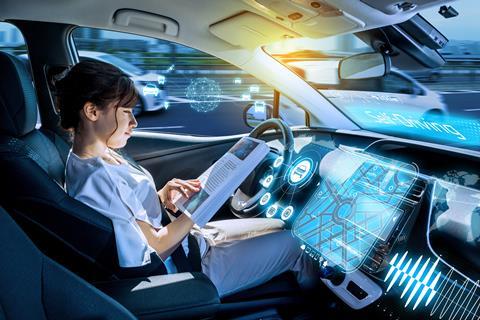Modern urban logistics and transport networks are under pressure from many sources. According to PwC, people will continue to migrate from rural areas to cities and by 2050 the urban population will have increased by 75%.

Savills research shows that by 2025, millennials will make up three quarters of the workforce in these cities. So not only will there be more people for urban transport systems to contend with, but the logistics needs of a millennial-led, on-demand society will also have to be considered.
There needs to be cohesive design of services, both in the public and private realms. Private real estate must play its part, especially as regards logistics, to prevent bottlenecks in the ‘last-mile’ rush.
This includes, but is not limited to, vertical mobility, such as drone landing pads, and efficient building layouts designed to handle deliveries of every type, which will only increase over time.
As the urban workforce grows, getting from A to B will become more crucial. Commuters are already encouraged to leave their cars at home or in designated car parks. Soon, someone’s daily commute could entail carpooling via a ride share app to the car park nearest their workplace, hopping on to a small, electric autonomous shuttle, on one of many micro-local routes, and then using a shared electric scooter for the last leg of the journey.

Aside from autonomous vehicles (as it will be years before they are fully traffic-ready), this type of journey is already possible today.
However, we still need to make the experience seamless across services, especially as the issue of shared mobility becomes more important.
Then there is the matter of data. One of the biggest barriers to cohesive, smart mobility in a smart city is that many of the datasets required to programme the AI that drives it belong to the public sector, and there continue to be significant obstacles to these being shared with the private sector. Similarly, large private datasets are not readily shared with other stakeholders. Data-sharing principles across the public and private realms are key to ensure the success of a smart urban realm.
At the same time, we must exercise caution – as the amount of user data multiplies with the proliferation of tech, security must also keep up.
Angelica Donati is chief executive of Donati Immobiliare






























No comments yet